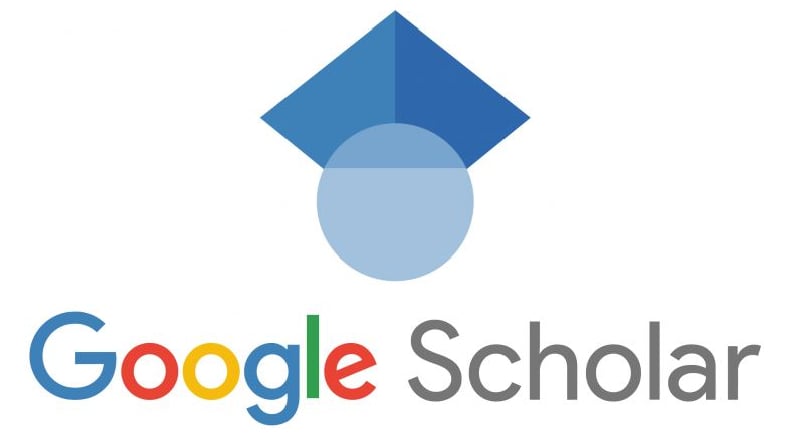The Effect of Learning by Doing on Islamic Religious Education Subjects in the Project to Strengthen Pancasila Student Profiles and Work Culture to Improve Student Learning Outcomes at SMP Purnama Jakarta
Keywords:
learning by doing, PAI, P5BKAbstract
The effect of Learning by Doing on PAI subjects in P5BK is important in improving student learning outcomes. This study aims to analyze the effect of applying the Learning by Doing method to PAI subjects in the program and evaluate its impact on student learning outcomes. The qualitative research method uses a descriptive approach by conducting observations, interviews and documentation. The subjects in this study were students and teachers who carried out P5BK in PAI learning subjects. The results showed that the application of the Learning by Doing method to PAI subjects in the P5BK had a significant effect on improving student learning outcomes. Students involved in learning that involves practical activities, collaboration, and direct experience have a better understanding of the concepts and application of religious values. It has important implications in improving the quality of Islamic Religious Education learning and creating competent and integrity students
Downloads
References
Books
Arifin, M., &; Ekayati, R. (2021). Implementation of the Peer Tutor Method in an Effort to Improve Student Learning Outcomes. Medan: UMSU Press
Guhardja, S. (1993). Family Resource Development. Jakarta: PT BPK Gunung Mulia.
Mashar, I. K. (2019). Values in Modern Leadership in Performance Management. Float: CV. Gre Publishing.
Mulyana, D. (2004). Qualitative research methodology (new paradigms of communication science and other social sciences). Bandung: Remaja Rosdakarya.
Nurainun. (2019). Analysis of Education Teacher Learning Tools. Medan: State Islamic University of North Sumatra.
Rosyada, D. (2020). Qualitative Research for Educational Sciences. Jakarta: Kencana.
S, Nasution. (2000). Didactic principles of teaching. Jakarta: Bumi Aksara.
Journal
Alpian, Y., Anggraeni, S. W., Wiharti, U., &; Soleha, N. M. (2019). The importance of education for humans. Journal of Buana Pengabdian, 67.
Nurhuda, H. (2022). Problems - National Education Problems; Factors and Solutions Offered. Journal of Thought and Basic Education, 132.
Sari, M. E. (2018). The Role of Government in Providing Access to Public Services. Trias Politika Journal, 1.
Sunami, A. S. (2014). Improving the Ability of Students in Cake and Bread Processing through a Direct Work Learning Model (Learning by Doing) in Class X Patiseri of the Culinary Expertise Program of SMK Negeri 3 Pati in 2010/2011. Journal of Technobuga, 2.
Website
Ministry of Education and Culture. (n.d.). Independent Curriculum. Retrieved from Ministry of Education and Culture: https://ditpsd.kemdikbud.go.id/hal/kurikulum-merdeka
Downloads
Published
How to Cite
Issue
Section
License
Copyright (c) 2023 Ismi Ramadanti, Dede Rubai Misbahul Alam, Ahsin Abdul Wahab

This work is licensed under a Creative Commons Attribution 4.0 International License.






